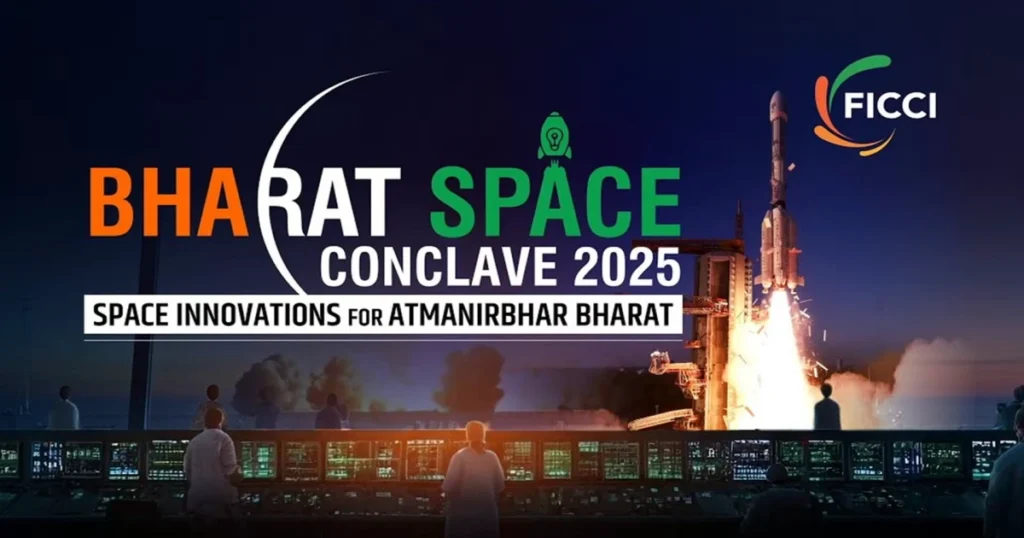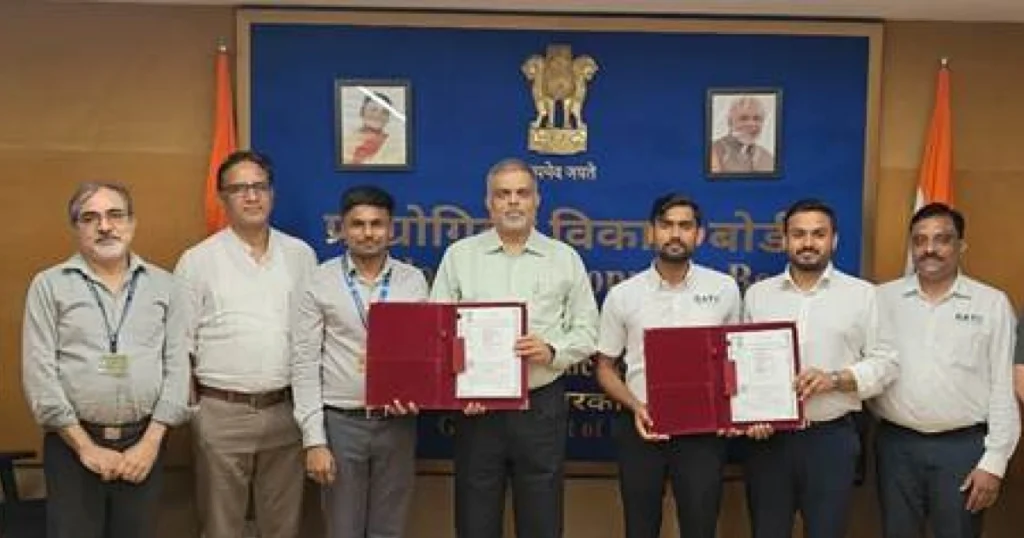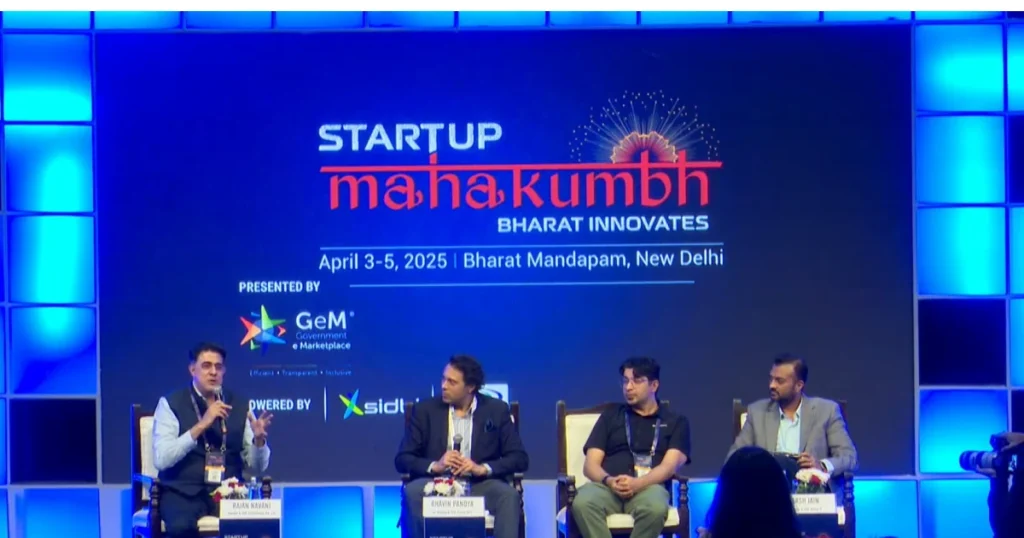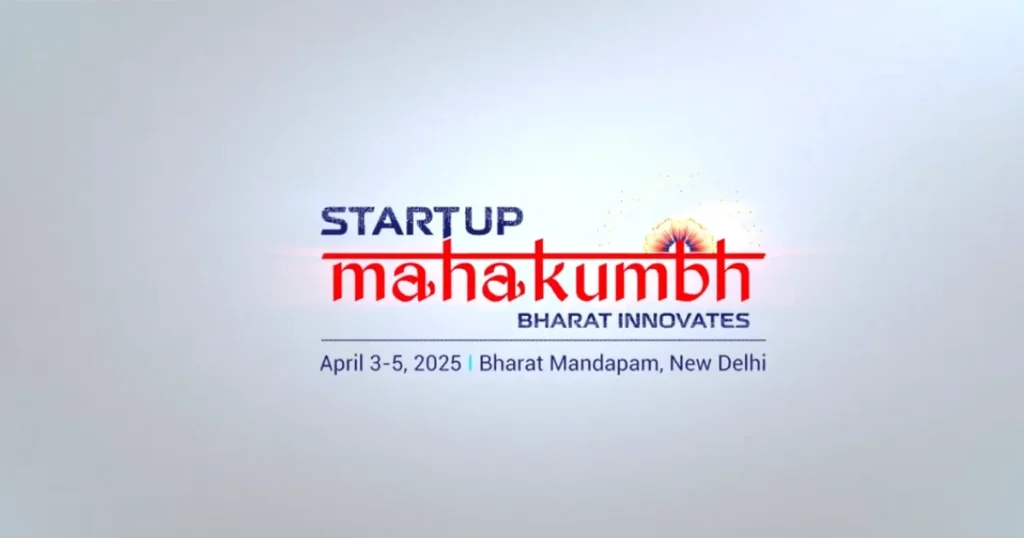Pawan Goenka, Chairman of the Indian Space Promotion and Authorisation Centre (IN-SPACe), has confirmed that the final draft of India’s long-awaited Space Activities Bill is ready and is currently undergoing the approval process.
However, he refrained from specifying a timeline for its passage.
Speaking at the “Bharat Space Conclave 2025” in New Delhi, Goenka highlighted the significance of the bill, which was first discussed in 2017 to create a legal framework for regulating and promoting space activities in India—particularly for private players in the sector.
Despite the absence of the bill, he asserted that it has not hindered ongoing space activities in the country.
Progress in Space Education and Investment Policies
Pawan Goenka also emphasized the growing focus on space education, revealing that several engineering colleges are introducing space-related courses with an ambitious goal of producing 2,000 space graduates over the next five years.
On the investment front, he addressed the evolving foreign direct investment (FDI) policy, noting that while the policy is in place, the guidelines for government-approved investments are still being finalized.
Last year, the government approved 100% FDI in select subsectors of the spacetech industry, though satellite establishment and operation still require government approval under current regulations.
Infrastructure Developments and Private Sector Participation
Pawan Goenka highlighted that ISRO’s facilities are accessible to private sector players and that IN-SPACe is expanding its technical center with an investment of INR 300 crore.
Additionally, a second launch center in Kulasekarapattinam is under development, further boosting India’s space infrastructure.
He praised the rapid progress in the Indian space sector, which he described as moving at “rocket speed” over the last three to four years.
He noted that while ISRO continues to achieve remarkable technical milestones, private enterprises have been driving commercial advancements.
Challenges in Funding and Investor Confidence
Despite the rapid growth, Pawan Goenka acknowledged securing sufficient funding for deeptech startups as a major challenge, which require significant capital and long development timelines.
While the space sector saw $130 million in investments last year, he pointed out that there is still untapped potential.
He expressed optimism about increasing funding opportunities, citing the INR 1,000 crore venture capital (VC) fund for spacetech startups that is nearing implementation.
IN-SPACe played a pivotal role in influencing the government to establish this fund, aiming to bolster investor confidence by demonstrating tangible outcomes.


















